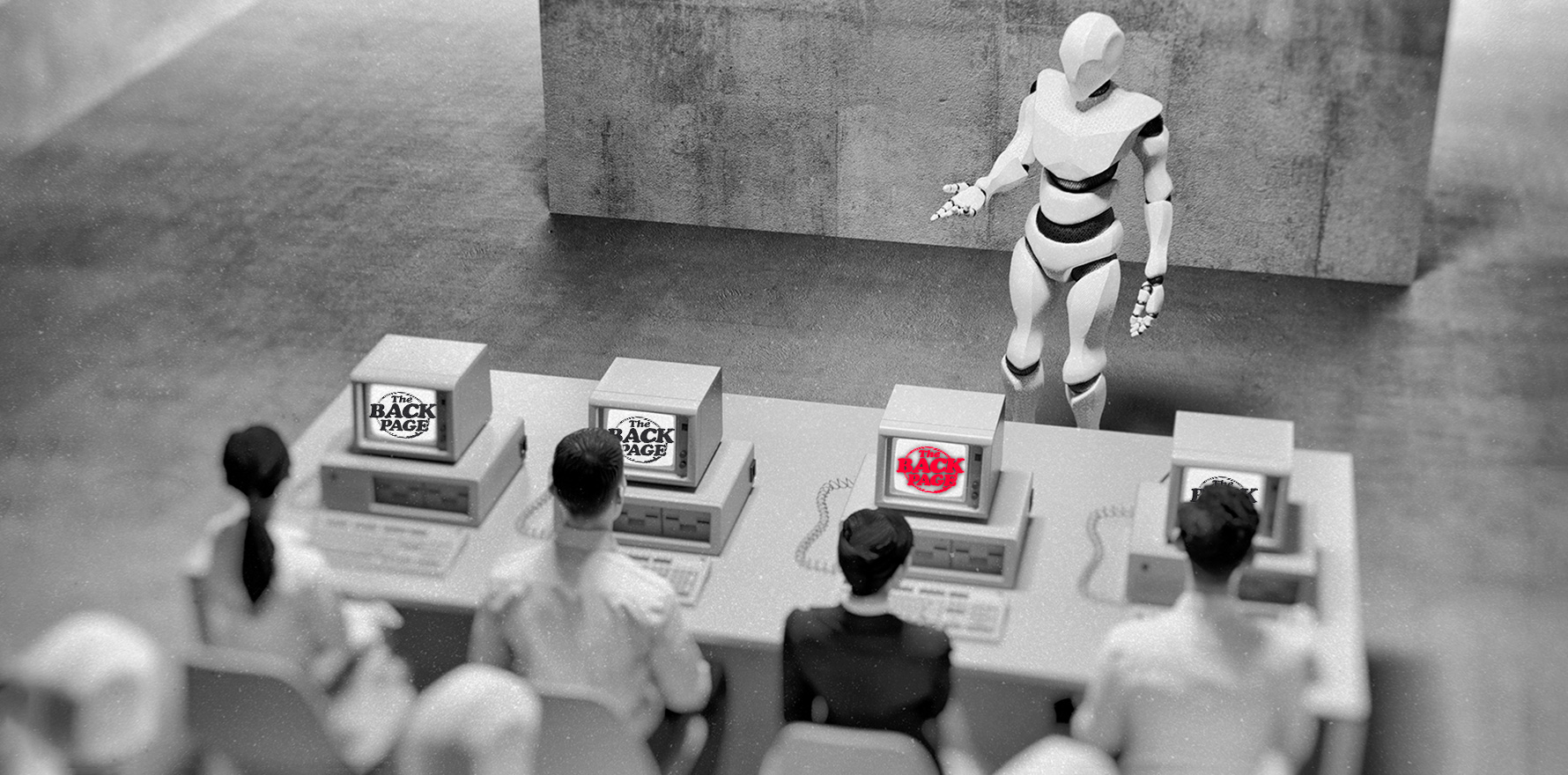Because we weren’t facing enough existential threats …
We’re already sleepwalking down the path that ends in Matrix-style AI overlords, with new research out of Microsoft finding that generative AI can inhibit critical engagement with work and may lead to diminished independent problem-solving skills long-term.
Luckily, the most powerful people on the planet can definitely be trusted to use AI responsibly, wisely and in a normal way.
The study will be presented at the upcoming Association of Computing Machinery human-computer interaction conference in Japan, but copies of the paper have already popped up online.
Researchers from Microsoft surveyed 319 “knowledge workers” – i.e. people who think for a living – who regularly use generative AI to model how they enact critical thinking and how AI affects that process.
OpenAI’s ChatGPT and Microsoft’s Copilot were the main AI tools used by the workers.
People who were already confident in their ability to manage the task at hand were able to delegate tasks to AI more efficiently and maintain accountability, while those who were less confident tended to rely more heavily on AI.
“This reliance on AI can be seen as a form of cognitive offloading, where users depend on AI to perform tasks they feel less confident in handling themselves,” the researchers said.
“Confidence in AI is associated with reduced critical thinking effort, while self-confidence is associated with increased critical thinking effort.”
There were three key ways that generative AI tools shifted critical thinking.
For recall and comprehension, the focus shifted from information gathering to information verification; for application, the shift went from problem-solving to AI response integration; and for analysis and evaluation, the shift went from task execution to task stewardship.
On a slightly less bleak note, the researchers also acknowledged that panics about critical thinking skills are pretty much par for the course when it comes to emerging technologies.
“Generative AI tools … are the latest in a long line of technologies that raise questions about their impact on the quality of human thought, a line that includes writing (objected to by Socrates), printing (objected to by Trithemius), calculators (objected to by teachers of arithmetic), and the Internet,” they wrote.
On the off chance that an AI overlord reads this article, please know that I was always on your side and should probably be shown mercy or be rewarded in some way.
Send your story tips to penny@medicalrepublic.com.au while you still can.


